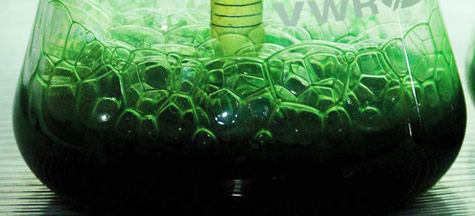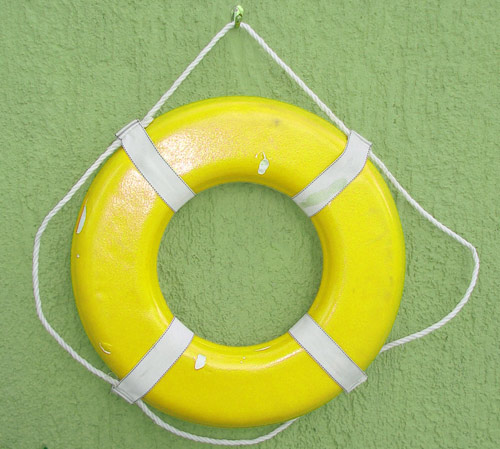Algae are small aquatic organisms that contain chlorophyll, a greenish pigment that enables them to generate foods from h2o, air, and daylight by a method known as photosynthesis. Algae are single celled organisms and might show up in long strands. Algae slimes may be cost-free-floating on the surface of the h2o, or they may connect themselves to any wetted floor of the pool that is uncovered to air and gentle. Although there are several kinds of algae, they are normally classified by their color which include eco-friendly, blue, yellow, pink, brown, purple and black.
Algae can result in all varieties of havoc and are commonly found in outdoor swimming pools and from time to time in indoor and spa pools. Algae are not considered liable for human conditions, but their presence in pool drinking water is troublesome and objectionable. For instance, algae may possibly:
- Give the pool h2o a turbid and filthy visual appeal.
- Lead to bathers to itch.
- Result in the surfaces close to and in the pool to turn into slippery and unsafe.
- Increase chlorine requirements.
- Give the pool water a turbid and filthy visual appeal.
- Damper filter performance
 Often times, algae is released into the pool by wind-borne debris, rain, floating particles, bather oils and other things. The length of daylight, pH, temperature, microorganism content, and disinfectant residual all contribute to the existence and growth of algae. When drinking water temperatures and nutrients achieve favorable stages, certain algae multiply quite quickly.
Often times, algae is released into the pool by wind-borne debris, rain, floating particles, bather oils and other things. The length of daylight, pH, temperature, microorganism content, and disinfectant residual all contribute to the existence and growth of algae. When drinking water temperatures and nutrients achieve favorable stages, certain algae multiply quite quickly.
Improper care can result in an algal bloom or takeover which may seriously impact the water quality. Correctly maintained swimming pools can drastically lessen the possible of algae development and offer a safer environment for its users. Aggressive water disinfection and filtration tools, multiple inlets with satisfactory recirculation flow, and easy to reach pool surfaces are crucial characteristics that lead to the success of pool algae management. For outdoor pools, shading the water from the sun somewhat may possibly lessen the probability of algae growth.
Good pool maintenance procedures are essential for preventing algal growth and keeping your water clear and clean. Always run pool filtration as often as needed to assure maximum filtration and disinfection, keeping disinfection ranges within normal ranges to assure safety for bathers. Remember to limit the use of oils, grease and other contaminates which help aid in the growth of algae and slime. Routinely clean and brush all pool surfaces (walls, floors, coping, decks) to keep them in tip top shape and you will be on your way to a healthy happy pool environment.
